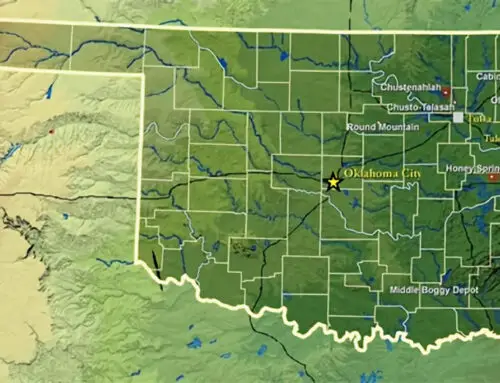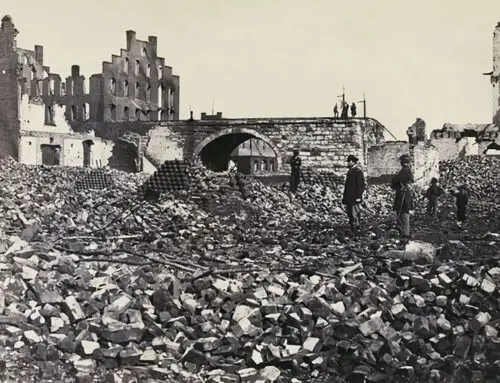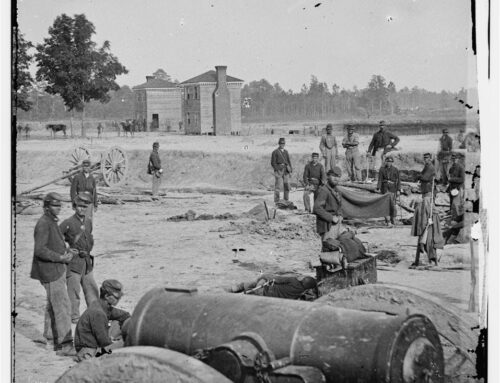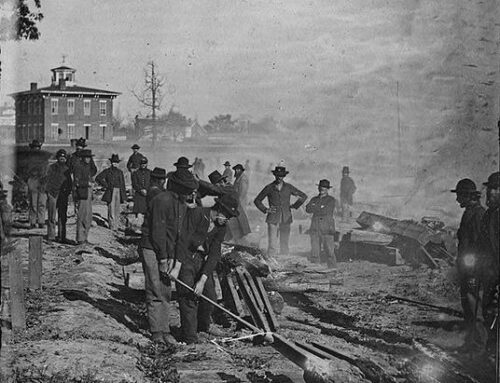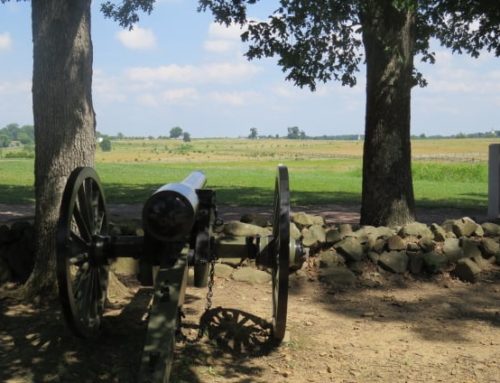April 1st 1865
General Lee had a problem at Five Forks. The swelling ranks of Union troops along the still-wet roads concerned him greatly. Lee felt that the Union armies were preparing their famous “pincher” move and an attack from two or maybe three fronts, was immanent.
General Sheridan led the Union army against Lee’s brilliant Army of Virginia. The victory would be held in the highest regard, for this was nearing the end of The Civil War. All the battles that were in the past all added up to these last few battles of the terrible conflict. Lee wanted to hold this vital piece of land at all cost, and the price would be steep.
General Sheridan had a sneaky plan in the works. What he would do as fake-out the Rebels and then directly smash them in the face. The old right left. Sheridan’s plan was a great one with the Rebels being unaware of the strategy and the overwhelmingly superior troop strength; the ball was in his court. This battle included the services of a western legend, though infamously at that, General George Custer was the commander of a cavalry brigade under Sheridan’s watchful eye.
Custer already had a reputation of flaunting and bad sportsmanship, but here he was compelled to act as a decoy and lure the Rebels into a false sense of urgency. The plan hatched by Sheridan had Custer faking a charge to the west. The plan worked and the troops that were in a great defensive position for the South were not moved to shore up the line on the western front. Confused and in a state of disarray, the Rebels would see no victory at Five Forks, not this time.
The Confederates were kept in the dark about the maneuvers of the Union armies and a surprised enemy is a dead enemy. The Union army decimated the Rebels, killing or wounding 3,000 Rebels while only losing 800. The battle was over before it even had a chance to commence fully.
When the smoke had cleared, the death toll was immense and Sheridan had accumulated several thousands of Confederate prisoners. An interesting fact about General Grant and his relationship with his commanders in regards to prisoners: Grant only wanted to know head counts, nothing else. This point is argued to many extremes with the main focus being that Grant did not like having to firstly, kill Confederate soldiers as they were still Americans and secondly, imprisoning them as well.
The entire POW system smacked of cruelty and was largely ignored by General Grant. The tactical advantage displayed and earned by Sheridan lent credence to the term “military genius” as the North pummeled the South and took another giant step in the direction of Richmond, the Confederate capital.



